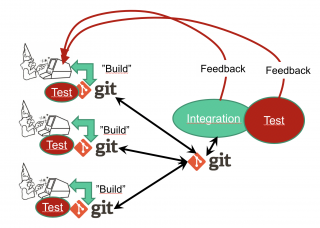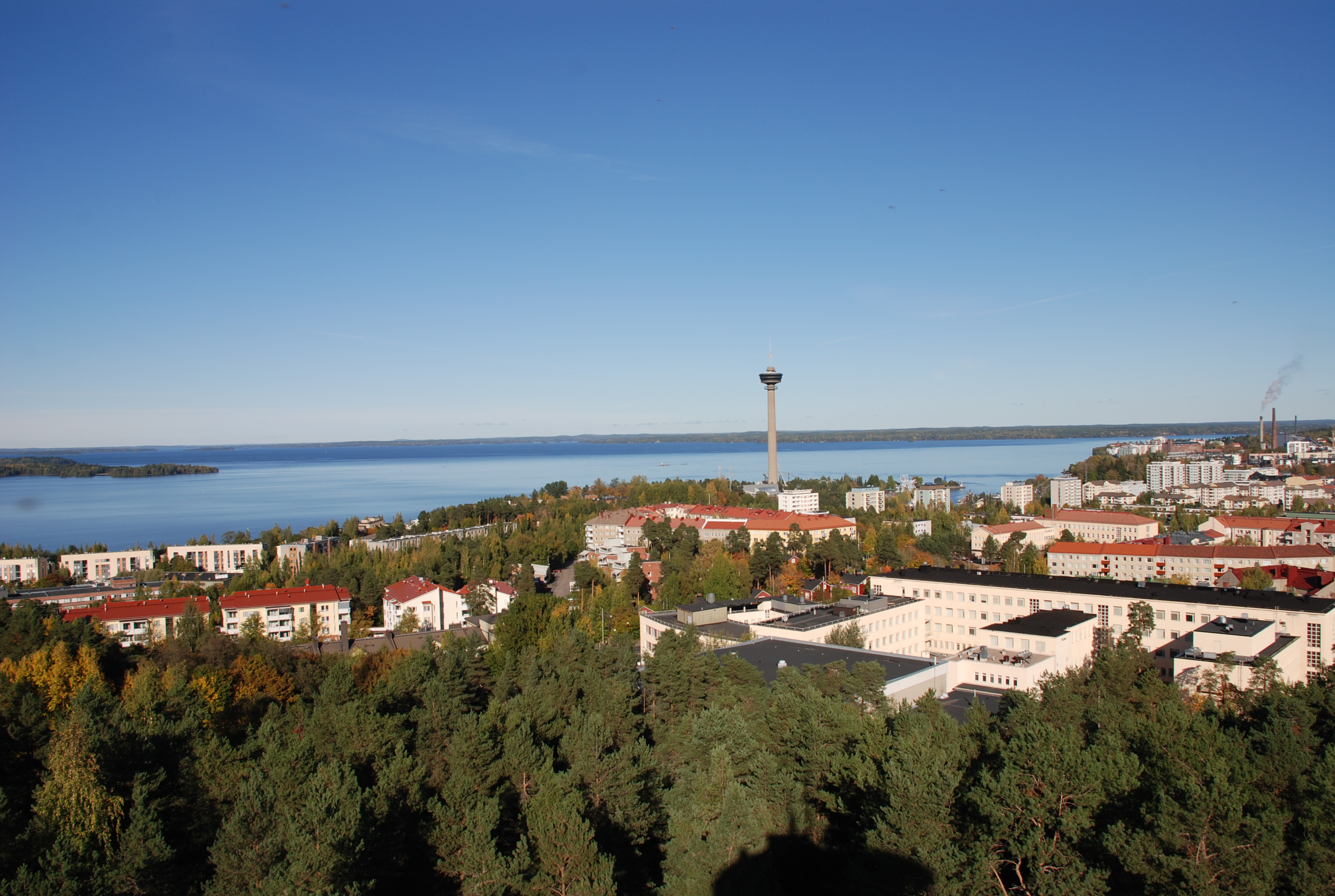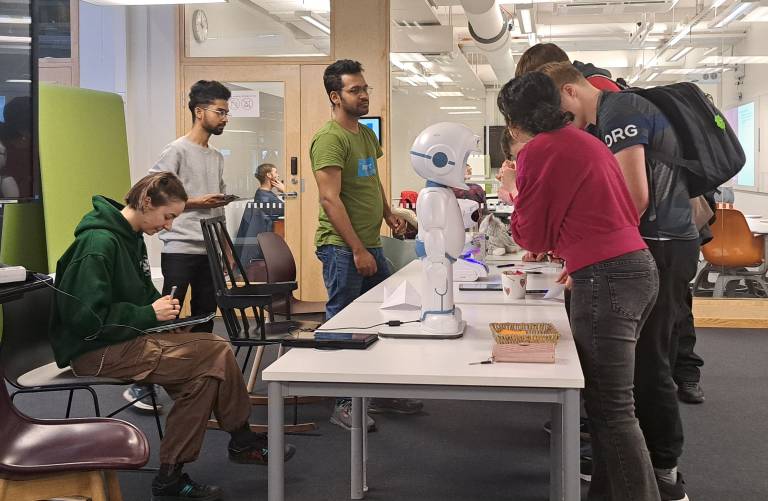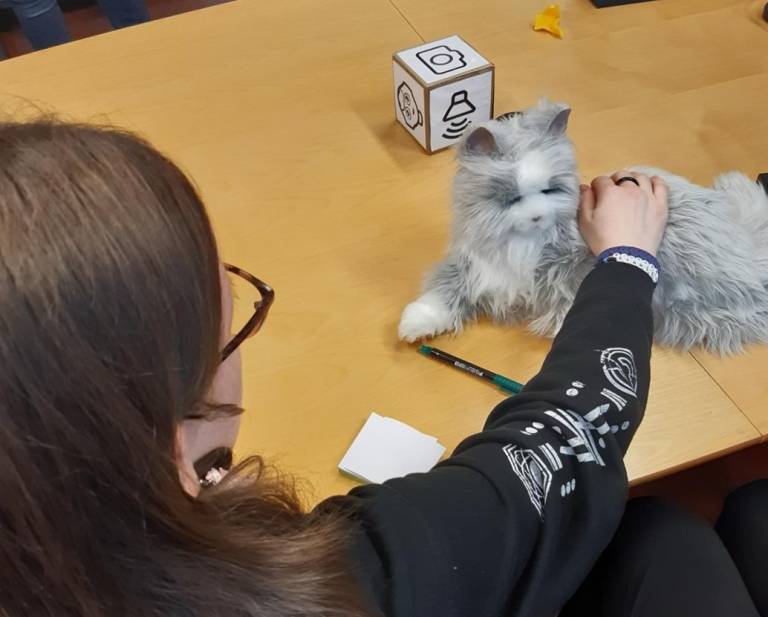The Finnish software education started in Tampere. University of Tampere selected Reino Kurki-Suonio as the first computer science professor in the Nordic countries in 1965. 15 years later he moved to Tampere University of Technology. Now, in the merged Tampere University the software education and research groups join each other and currently collaborate towards a new unified curriculum for the future. One circle is closing.
 The role and importance of software has grown beyond any expectations we had 30+ years ago. It has been claimed that 80% of the innovation in modern cars is software. The modern trends like Internet of Things or platform economy are all based on software. This trend of digitalization has led to a rapidly growing demand for software developers, and lack of competent software developers is already slowing down the economic growth. The need is not limited to specialized software engineers. Experts of many other disciplines, like data scientist or engineers in other fields need some software development skills, too.
The role and importance of software has grown beyond any expectations we had 30+ years ago. It has been claimed that 80% of the innovation in modern cars is software. The modern trends like Internet of Things or platform economy are all based on software. This trend of digitalization has led to a rapidly growing demand for software developers, and lack of competent software developers is already slowing down the economic growth. The need is not limited to specialized software engineers. Experts of many other disciplines, like data scientist or engineers in other fields need some software development skills, too.
The growing need for software development has been widely noticed, and “coding” is a popular word. Several private and public “coding schools” have emerged and those schools promise professional skills is a few weeks. It is not always noticed, that this “coding” in just a small part of the work: with coding skills a person can translate a given solution to a language understood by a computer. The challenges grow in complexity when problem and solution are unclear, when several software developers need to collaborate efficiently or when new technologies need to be adapted. Implications of these challenges in our curriculum where addressed an earlier blog: https://pervasive.cs.tut.fi/?p=3092 .
The above gives us, the software educators and researchers, some tough challenges. In education, our first challenge is harmonizing of the course portfolio. Even counting only the central campus and Hervanta we have different ways of working, different tools and different course structure. Finding of a common course structure will require many discussions and hard decisions. The second challenge, that we should address simultaneously, is related to the multiple target groups. Especially in the first programming courses we should teach both those whose target is to be the top experts in software engineering, those who need simple practical skills to support their own field, and those who just need an idea what software development is. I sincerely hope that in the future we can provide more tailored service to different customers. Naturally, we need to reduce overlapping between the campuses through compromises, and we should use some of the freed resources to increase the offering. There also needs to be an ambitious vision for the future.
In the research side, we have a related challenge. On one hand, we should address the growing need by developing means to increase the efficiency of software development – for instance via automation. On the other hand, software is used and needed in many other research fields. Personally, I was happy to participate in Procem project (https://pervasive.cs.tut.fi/?p=2834) in which we, together with researchers from three other disciplines, researched the future energy distribution and trading. Next projects on similar topics and towards reduction of CO2 emissions are under evaluation. The challenge of the first type of projects (SW engineering research) is difficulty of gaining funding, the challenge of latter (cross-disciplinary research) is reduced opportunities to publish in our own top forums. We just need to keep both track alive.
As the academic software and education started in Tampere, our legacy demands us to set the above ambitions high.
-Written by Professor Kari Systä-
[1] Andreessen, Marc. “Why Software Is Eating the World.” The Wall Street Journal 20, no. 2011 (2011): C2.




